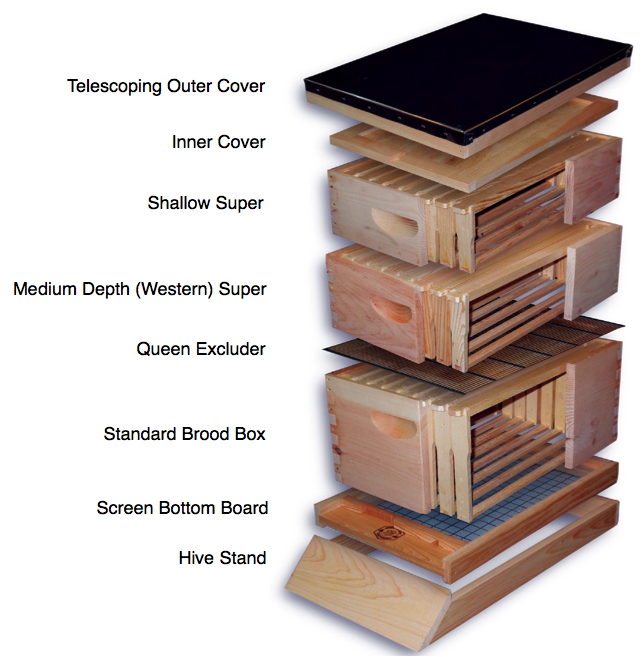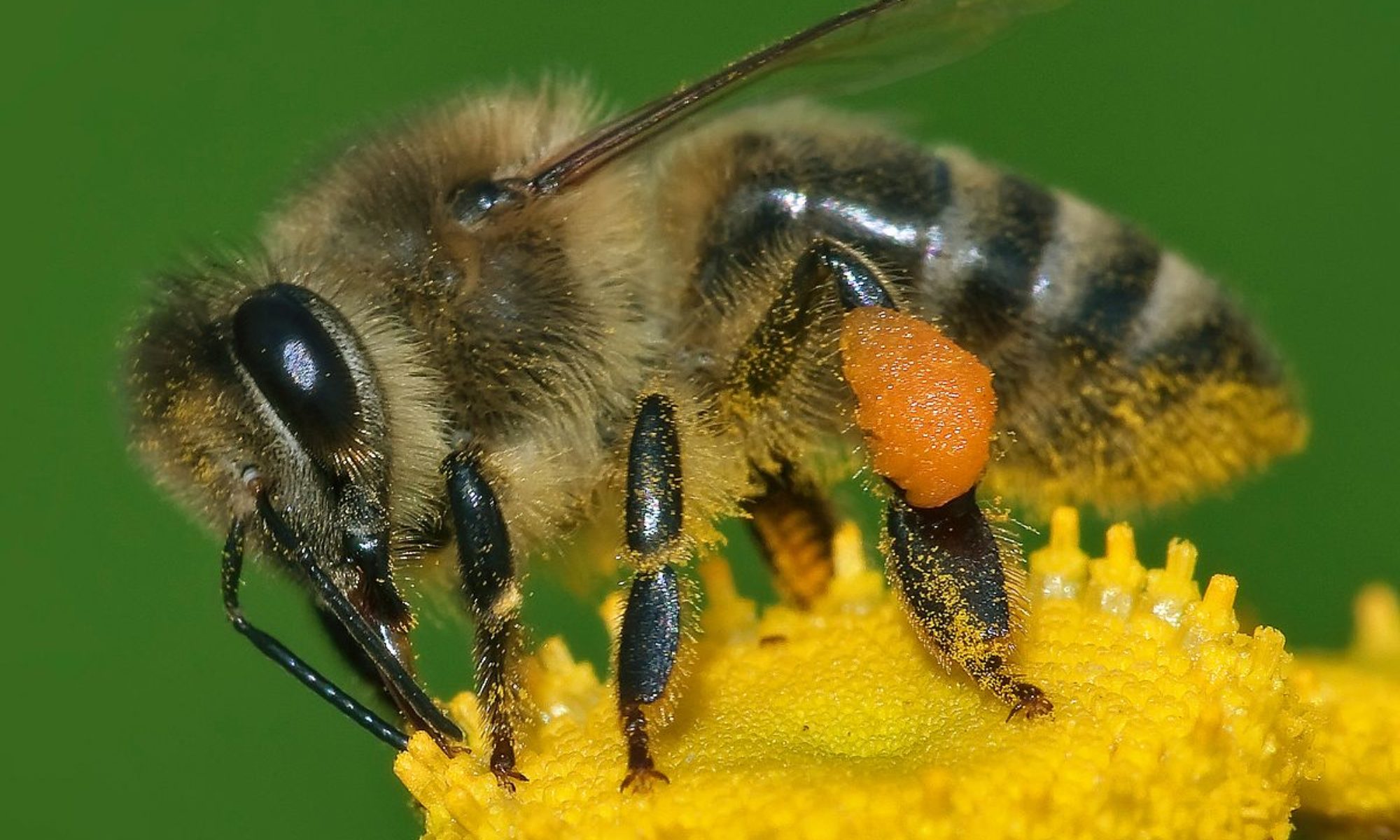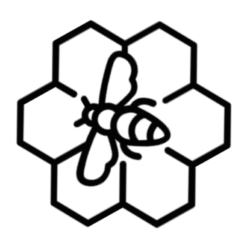
The Basic Components of the Honey Bee Hive
The honey bee hive consists of several boxes that are named after their colony use versus simply the size.
The most common naming convention among beginning beekeepers is simply a brood box and a super. The brood box is the box where the queen lays her eggs (the “brood”) and the super box is where the remaining worker bees place the honey stores. So, you may also hear them called honey supers.
The more experience beekeepers tend to use the size and function in their names, so you may a “deep box” or “deep brood box”, which refers to the box as before where the queen lays her eggs.
Super boxes for the Langstroth hive come in 3 sizes:
- shallow ask known as
- medium also known as an Illinois Super
- or the no longer commonly use Wisconsin Super
Then we have top and bottom boards that also come in different variations:
Top boards with inner and outer covers, used mostly up north and Migratory Top boards more commonly used in Florida since we don’t have a huge temperature differential that causes condensation inside the hive.
Bottom boards can be solid or screened. The screened bottom board is known to be used in the control of the varroa destructor mite.
Then we have frames and sometimes we have foundation.
Gourmet Microgreens
Farm fresh gourmet micro greens are nutritionally dense powerhouses that are tasty in salads, sandwiches and as a snack. Micro greens are young vegetable, herb and grains that are used both as a visual and flavor component and as an ingredient in fine dining restaurants. Smaller than “baby greens,” micros are harvested later than sprouts and without roots. Micro greens provide a tasty variety of leaf flavors, such as sweet and spicy.
At GreenView Aquaponics, we have chosen not use ANY herbicides, fungicides, fertilizers or other synthetic chemicals in our production, even if they are OMRI approved; however, we have made a conscious choice not to become organically certified, even though we follow and exceed organic growing practices. All seeds we purchase are non-GMO and have all tested negative for e.Coli 0157 and Samonella when used for micro greens.
Other options:
Learn more: How to Select a Bee Smoker

